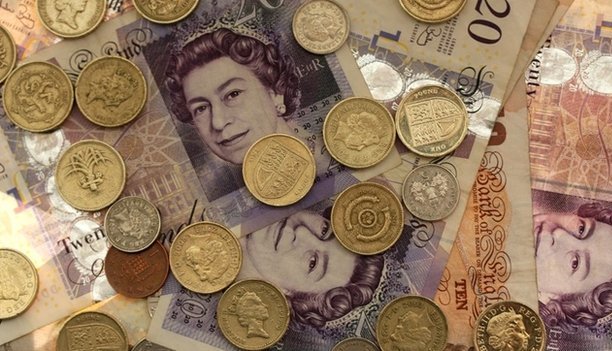Note to Governments: Laws Can Help or Hinder International Fraudsters

Business and financial laws with dull sounding names may not be interesting to the average hard-working citizen of any country. However, criminals looking to literally get away with $1 billion, find them fascinating. Case in point, the discovery last November that three leading banks in the former Soviet republic of Moldova, the poorest nation in Europe, had been virtually cleaned out. A large scale international fraud scam made off with $1 billion, estimated to be about 15 percent of the country’s GDP.
Based on an investigation and report by international private investigation firm Kroll, lax Limited Partnership Laws in Scotland, specifically the Limited Partnerships Act of 1907, helped make it possible for criminals to carry out the crimes, thanks to the absence of tax reporting obligation and lack of sufficient controls by the Scottish treasury. Growth of limited partnerships in Scotland has been explosive over the past five years, and law enforcement estimates that many of these are shell companies used for money laundering.
In complicated crimes like this one, other factors also play a role. Accusations of wrong- doing including money laundering have followed Moldova’s business and political leaders for years, and this recent scandal resulted in the resignation of former Prime Minister Chiril Gaburici after citizens took to the streets in May to protest the scandal following release of the Kroll report.

The report found that individuals and legal entities linked to Ilan Shor, a 28-year-old millionaire businessman, took control of the banks. Shor recently denied involvement in an interview with the BBC, but the report found that financial trails in several countries all lead back to Shor.
First, the ownership structure of these banks (Unibank, Banca de Economii and Banca Sociala) was modified through the integration of new shareholders. The shareholders’ companies were incorporated shortly before the purchase of the banks’ shares. These companies acquired the shares through limited partnerships in the UK and Latvia, but most significantly in Scotland.
While the spotlight may be on Scotland, laws in other countries and cities around the world, have been unwitting accomplices to fraud, as criminals took advantage of loopholes to the detriment of victims.
As executive director of ICC FraudNet, I, along with our members regularly see the aftermath of various laws thwarted in country after country by financial criminals. ICC FraudNet is an international network of independent lawyers who are the leading civil asset recovery specialists in each country. While Scotland is in the spotlight today, it could be your country and government tomorrow.
We have also seen and participated in cases where assets were found and returned. For those who will be instructed by Moldova to recover these assets, it will be an uphill battle to obtain information and analyse it in order to be able to freeze, attach and eventually recover the assets. While some of Moldova’s assets are no doubt gone forever, some can be returned with expert help.
This will have to be done in a coordinated way with the help of lawyers, forensic accountants and investigators in various jurisdictions. FraudNet attorneys have seen the effectiveness of this coordinated global strategy in their work on high-profile cases, including the recovery for Nigeria of assets stolen by General Sani Abacha, the dictator who embezzled billions during his five year reign of terror and the recovery of assets in the case of Allen Stanford, whose investment company was the vehicle for the second largest Ponzi scheme in American history.